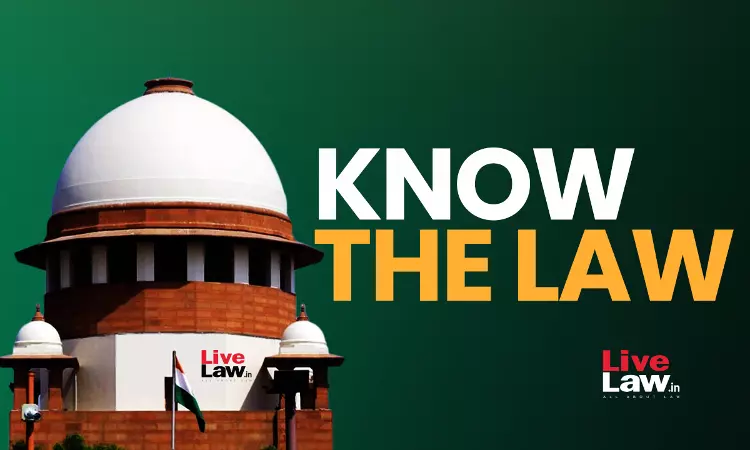Next Story
11 Aug 2023 11:38 AM IST
Supreme Court, in its recent decision of Government of Kerala & Anr. V. Joseph and Others discussed several principles concerning the adverse possession.At the outset the Court observed, “Possession must be open, clear, continuous, and hostile to the claim or possession of the other party; all three classic requirements must coexist- nec vi, i.e., adequate in continuity; nec clam,...

